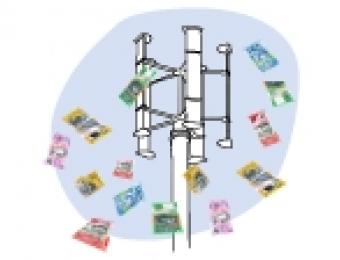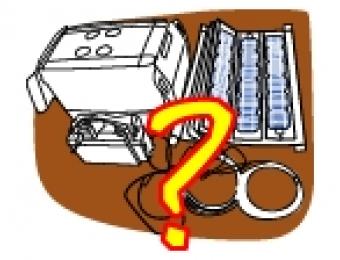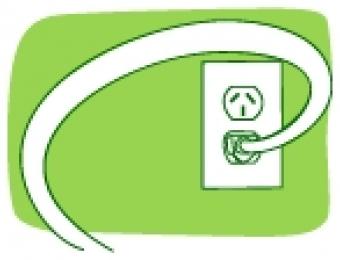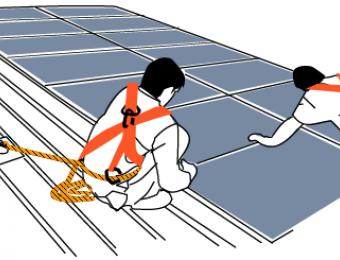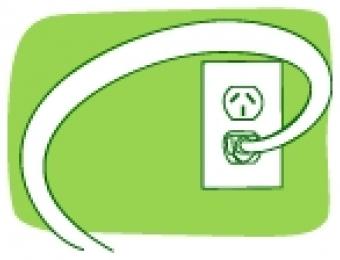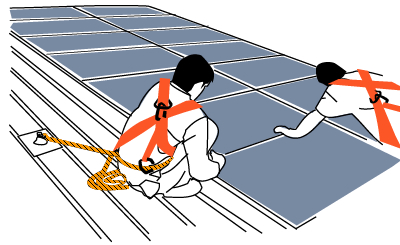
In most cases, the best people to install your home solar kit will be the people who sold it to you. Installation typically forms part of the quote along with design of the system to meet your individual requirements. But before you part with any money, you will want to make sure that both your designer and installer are fully accredited and are going to be able to back any warranties they provide. It's hard to know these things from the start so here are some points to raise with your supplier that will help verify their credentials and establish the business’ longevity and professional commitment.
Clean Energy Council Accreditation
This is a basic point to that is commonly overlooked simply because it is so simple to check and is often taken on trust. Always verify your installer’s accreditation by checking their ID, and by checking the retailer against the list of accredited suppliers on the CEC's solar accreditation website. It's important that both the designer and the installer are accredited. If your system isn't installed by CEC accredited designers and installers, you won't be eligible for government rebates.
You will also want to verify that any parts for the kit they sell you are also listed on the CEC accreditation website. You can search for these by manufacturer or by part numbers if it isn't clear who the manufacturer is. If the equipment isn't found on the list, it's possible that it hasn't yet come to the attention of the CEC and you can submit a request to have your kit certified. In most cases though, you'll find the answers you’re looking for, as both the parts and accreditation lists are regularly updated.
Ensuring your designer, installer and kit are all given the thumbs up by the CEC ensures that you'll be eligible for solar finance schemes such as feed-in tariffs and STCs. Don’t sign anything until you are certain that all three are CEC accredited.
For more information on accrediation and what to look for, read the CEC's guide to solar PV.
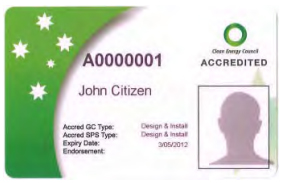
Warranties, experience and longevity
How reliable an installer will be is a little more difficult to gauge, since many unforeseen circumstances can dissolve a company beyond the control of the tradesperson or their workmanship. Finding a supplier who's going to be around to support the term of their warranty is a real concern, especially as the life of most solar panels is somewhere around 30 years. The solar industry is much like any other; quality and consistency of outcomes leads to better and stronger businesses.
Try to find out how long the company has been established for and ask to see references. Any company proud of their standing will be all too eager to supply you with previous examples of their success stories, and examples of their commitment to their customers. You may even be able to inspect some of their prior installations on site depending on their locations to see for yourself. Question what the warranty covers and for how long, and what you should do should something go wrong.
It's worth knowing that even if a solar installer goes out of business, you still have some rights and means of recourse under Australian law to chase up your warranty claim. Contact your state's consumer affairs body or office of fair trading for more information.
